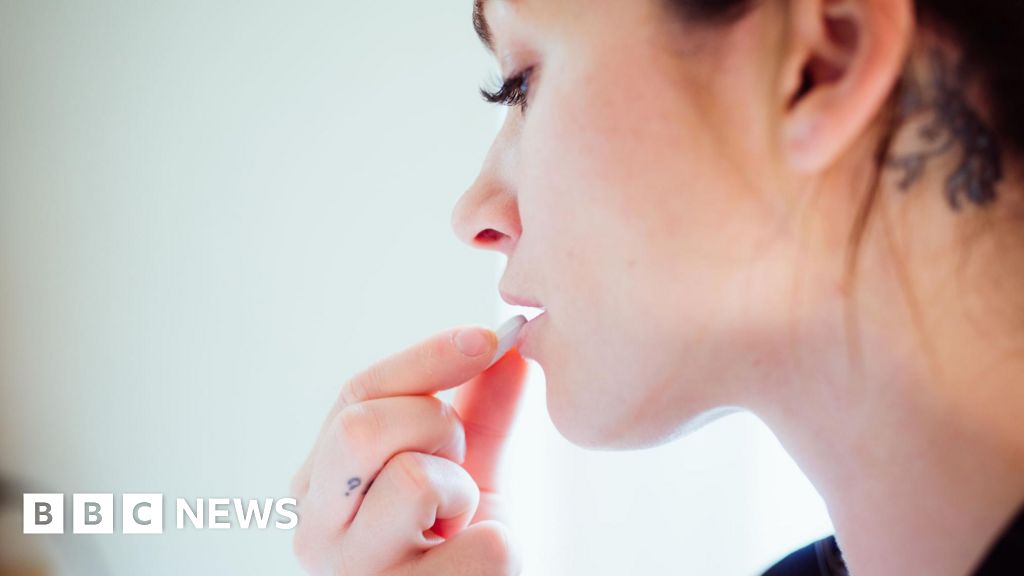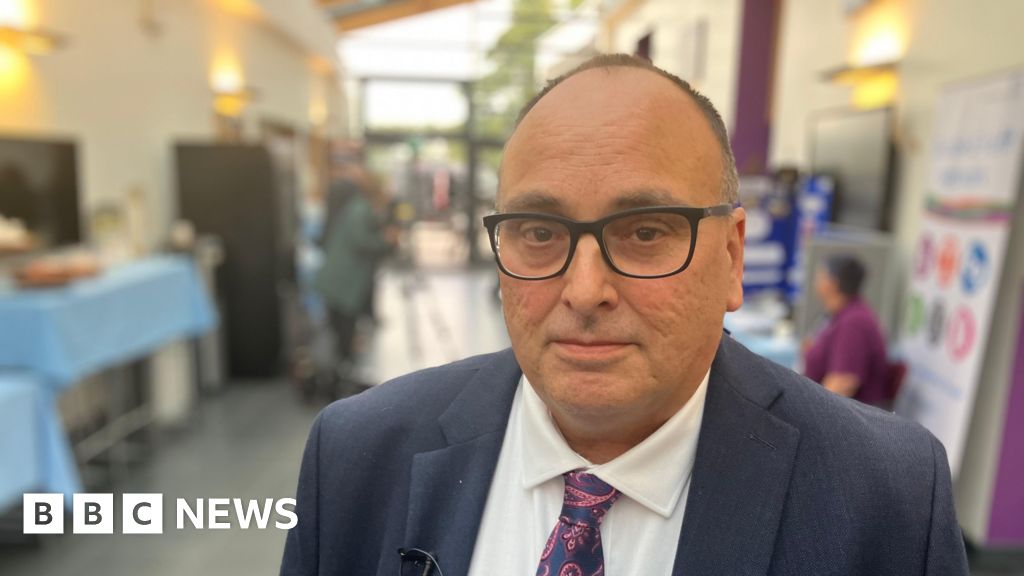Auto Amazon Links: No products found. Blocked by captcha.
Health reporters Philippa Roxby and Elena Bailey have announced the approval of the first daily pill for treating endometriosis symptoms on the NHS in England. This groundbreaking pill, known as relugolix combination therapy, has been given the green light for patients who have exhausted all other available options. Endometriosis is a condition that affects 1.5 million women in the UK, leading to pain and extreme fatigue due to the growth of tissue similar to the womb lining in other parts of the body.
The National Institute for Health and Care Excellence (NICE) has approved this new tablet, which can be taken at home unlike current injectable treatments. While the charity Endometriosis UK acknowledges that this pill provides patients with more treatment options, they also noted that it will only benefit a relatively small number of individuals. The pill works by blocking specific hormones that contribute to the condition while also providing replacement hormones that are necessary.
NICE stated that the relugolix combination therapy pill will only be accessible on the NHS for individuals who have already attempted all other medical and surgical treatments without success – approximately 1,000 women annually. This includes treatments such as hormonal contraceptives and intrauterine delivery systems. Helen Knight, director of medicines evaluation at NICE, described this approval as a potentially transformative development in managing endometriosis by empowering patients while ensuring value for money.
Ami Clarke, a 27-year-old woman from St. Albans, shared her personal experience with endometriosis, detailing the challenges she faced since her diagnosis. Despite multiple surgeries and trying various contraceptive pills, Ami struggled with unmanageable pain that significantly impacted her daily life. She expressed relief that new treatment options are being developed for endometriosis, as it often feels like patients are left in the dark. The new pill offers patients more choice and convenience compared to existing treatments, with the added benefit of being able to stop and start more easily
Read the full article from The BBC here: Read More
Auto Amazon Links: No products found. Blocked by captcha.











